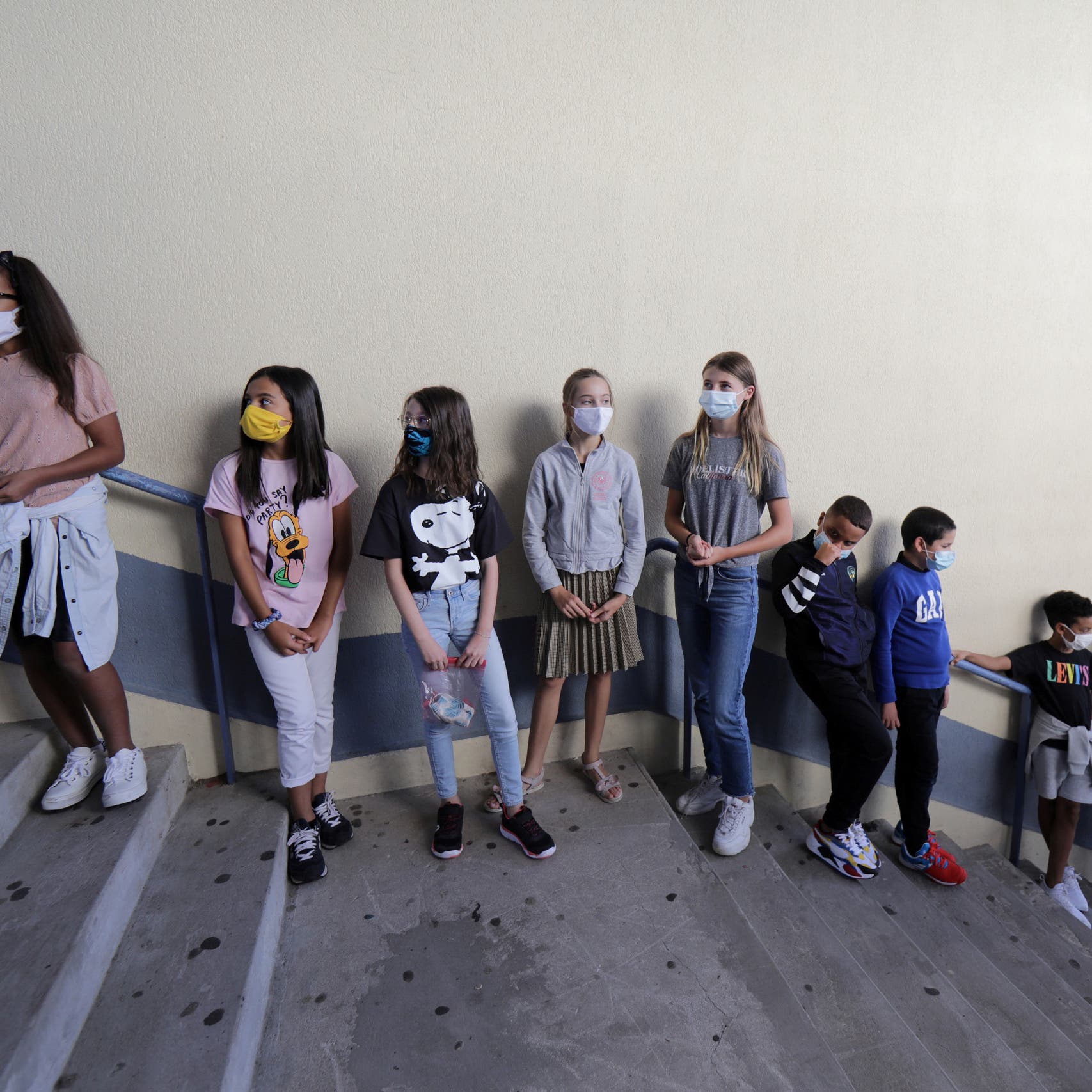Children who are 10 and younger produce more antibodies in response to coronavirus infection than adolescents and adults, a study showed Monday.
The authors of the paper, which appeared in JAMA Network Open, said the finding helped illuminate why children are less susceptible to severe Covid-19 than adults – though this is still an area of very active research and many factors are believed to be at play.
A team led by researchers at Weill Cornell Medicine examined almost 32,000 antibody tests from New York City between April and August 2020, finding that a similar number of the 1,200 children and 30,000 adults showed signs of past infection – 17 percent and 19 percent.
The scientists then examined a subset of patients who tested positive – 85 children and 3,648 adults – to determine the levels of immunoglobulin G (IgG) antibodies.
This is a key type of “neutralizing” antibody that binds to the spike protein of the virus, preventing it from invading cells.
The 32 children aged one to 10 years showed median IgG levels almost five times higher than 127 young adults aged 19 to 24 years.
Finally, they focused on a subset of 126 positive patients aged one to 24 years, none of whom had experienced severe Covid-19, to further characterize the antibody response.
In this final group, children aged one to 10 years had on average more than twice the levels of IgG antibodies of adolescents aged 11 to 18 years, who in turn had more than twice the average level of young adults aged 19 to 24
Culled from Alrabiyah


